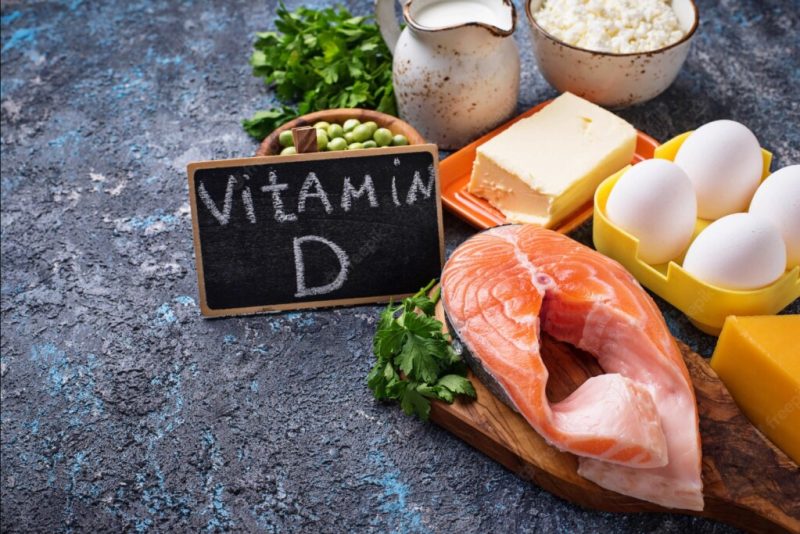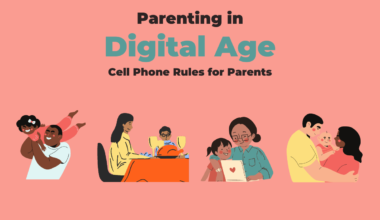The body needs vitamin D for many important functions, and it’s necessary in every age group. A major source of vitamin D is sunlight. It helps our bodies produce vitamin D. However, children and newborns do not spend much time outside under the sun.
This is because babies and small kids usually play in the shade or relax inside. They are also entirely clothed, so they’re covered most of their time while playing outside where it’s hot during summer months! Due to their tender age, toddlers are unable to take multivitamin supplements. As a result they must consume vitamin D-rich foods that can be safe for them and babies.
These days we all know the importance of vitamin D for our children’s health, but did you also realize that some food items are actually good sources? This article will discuss what those specific things may be and how they can make up a major part in your little one’s diet.
Importance of vitamin D
Vitamin D has always been an essential vitamin. The National Institutes of Health says that it is a vital and fat-soluble nutrient which provides support for our immune system, cell development process as well inflammation reduction.
You can imagine how vital vitamin D is for our body. For babies who are a bit older and able to take solid food, the following list contains various items that will help them get their daily dose of this essential vitamin!
Include foods rich in Vitamin-D such as fatty fish or eggs from chickens raised under bright light conditions with access to natural sunlight. You can imagine how important vitamin D is for our body. If you have a baby or toddler, there are many foods that will help them get their daily dose of this essential nutrient! Vitamin-rich food means healthy babies and kids who grow up strong with good brains – what more could anyone want?
Foods that are rich in vitamin D
Cheese
Cheese may be an excellent way to get your daily dose of vitamin D! Ricotta and cheddar have the highest levels with 25 or 24 IU per 100 grams, respectively.
The fontina follows this, and Monterey cheeses contain 22 IU per 100 grams. Other notable examples include blue cheese (with 18 units), Brie or Gouda with 15-18 depending on their variety; these types should be eaten for vitamin D intake in kids meals instead of milk products since they provide more than enough calcium without adding anything else extra!
Milk
Milk is the perfect choice for kids who want to increase their vitamin D intake. Add some chocolate syrup or use it in place of water with oatmeal, and you’ll have an everyday breakfast treat that will keep them happy all morning long!
Mushrooms
Mushrooms are one of the few vegetarian sources for vitamin D because they contain ergosterol. This provitamin helps produce Vitamin D when exposed to sunshine, so you can get your daily dose without spending too much time outside!
Kids need plenty of good sources for vitamin D, which is why mushrooms are an excellent choice. They contain Vitamin D2 instead on the more common variety found in foods like milk or fish sauces – but it still helps your body produce its own version when consumed!
Eggs
Most people believe that the yolk of an egg is harmful and should only be eaten when nothing else will do. However, it turns out most nutrients come from here!
Kids who began having eggs at 6 months were less likely to develop food allergies than children later. This is because the protein in egg whites helps build tolerance and immunity, making younger kids safer for everyone!
The yolk of an average egg contains 37 International Units (IU) vitamin D. The amount varies depending on the chicken’s diet and exposure to sunlight, though chickens that live in rural areas have 3-4 times more than those who stay indoors all day long!








